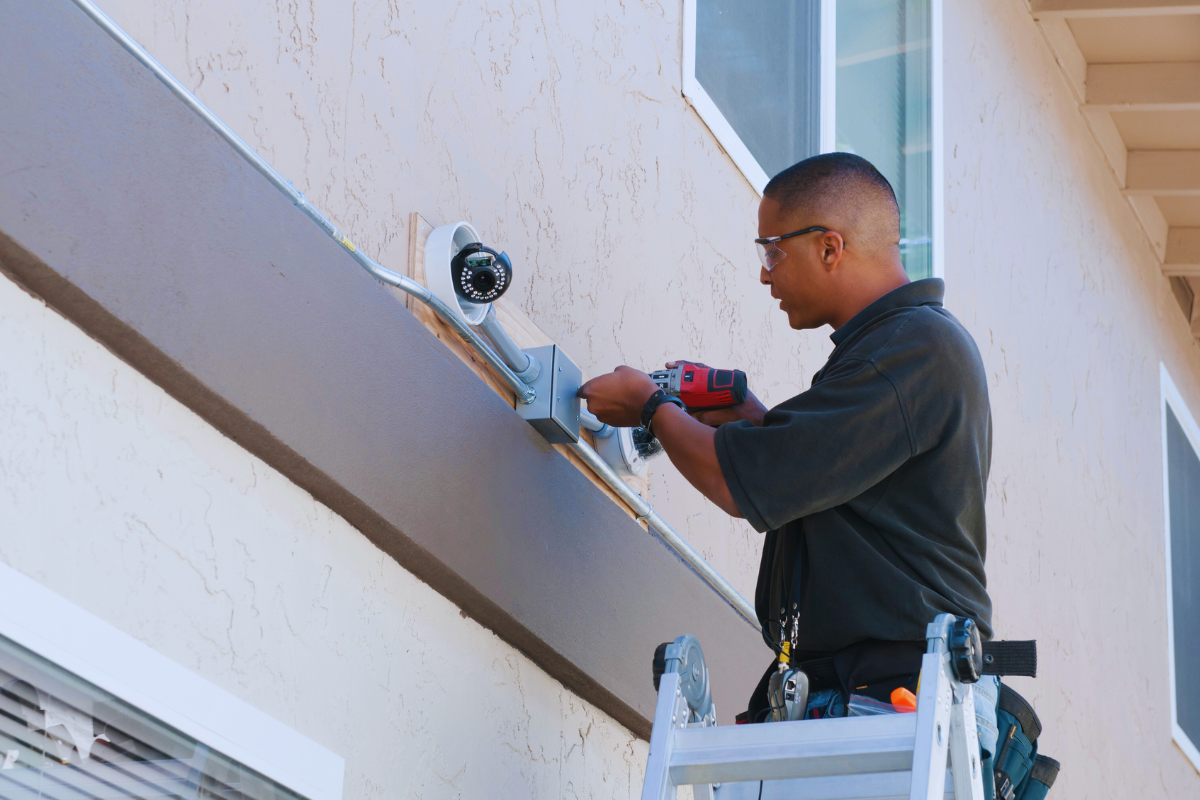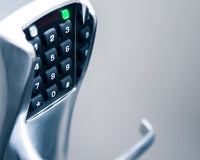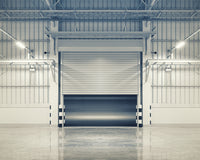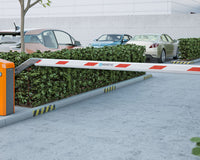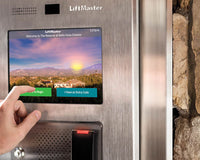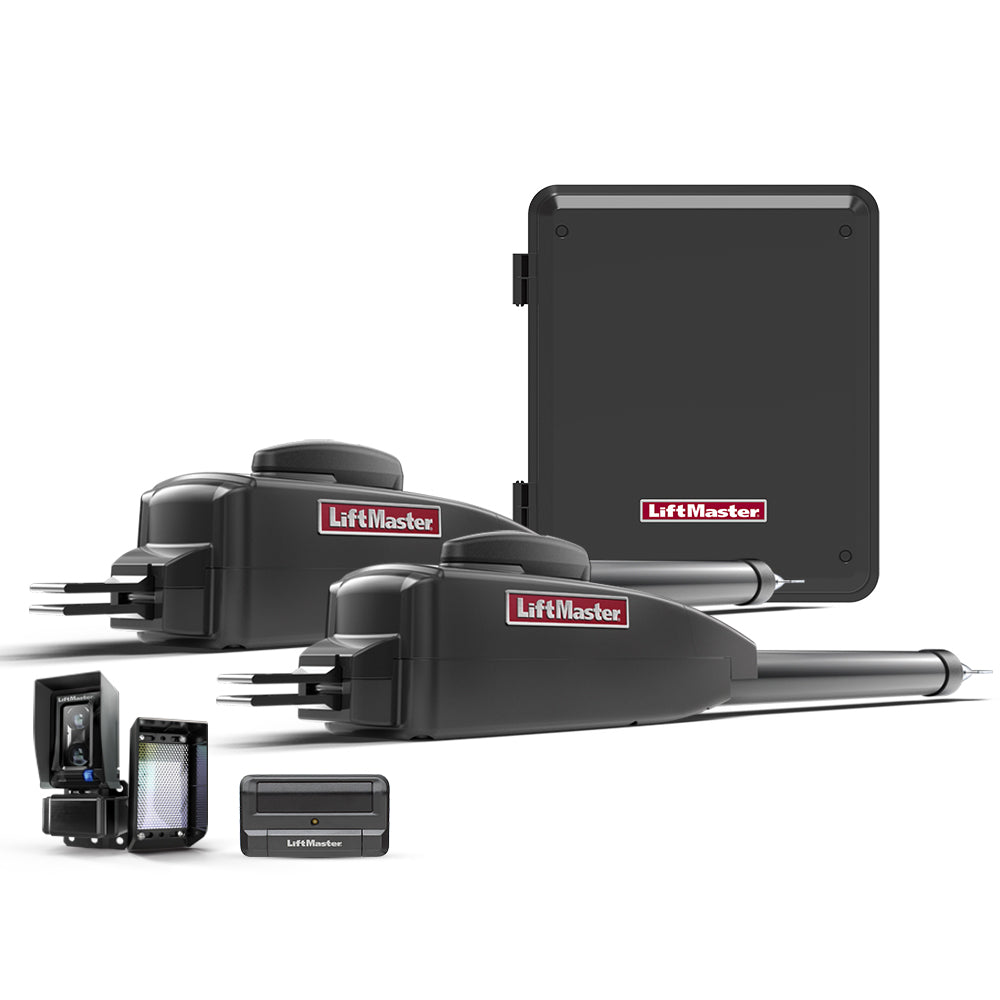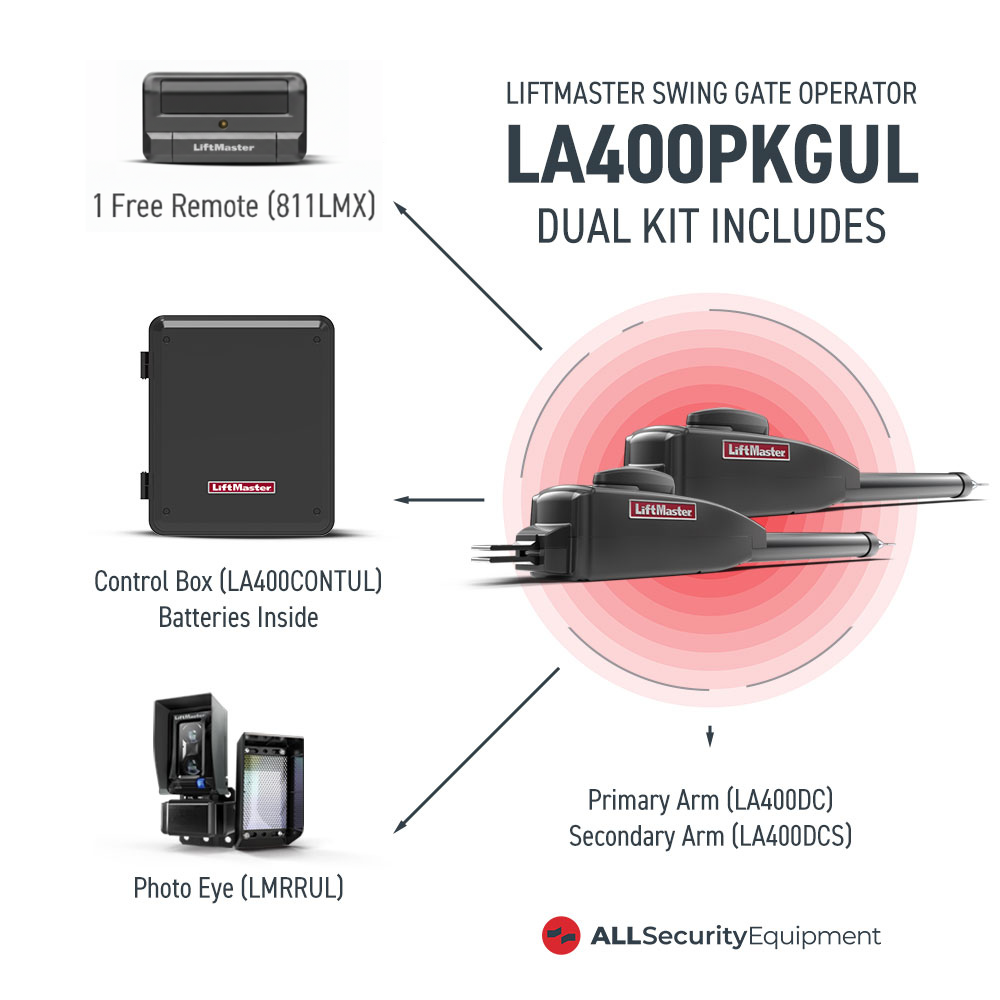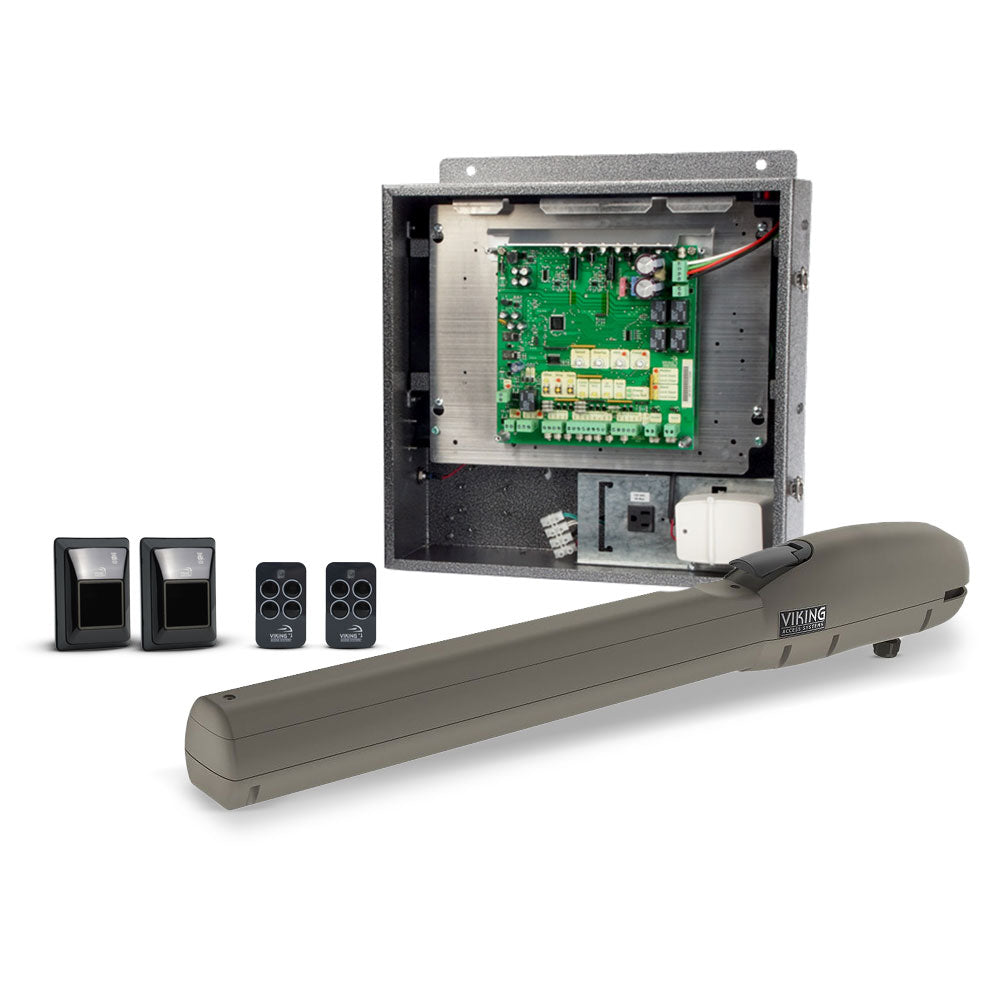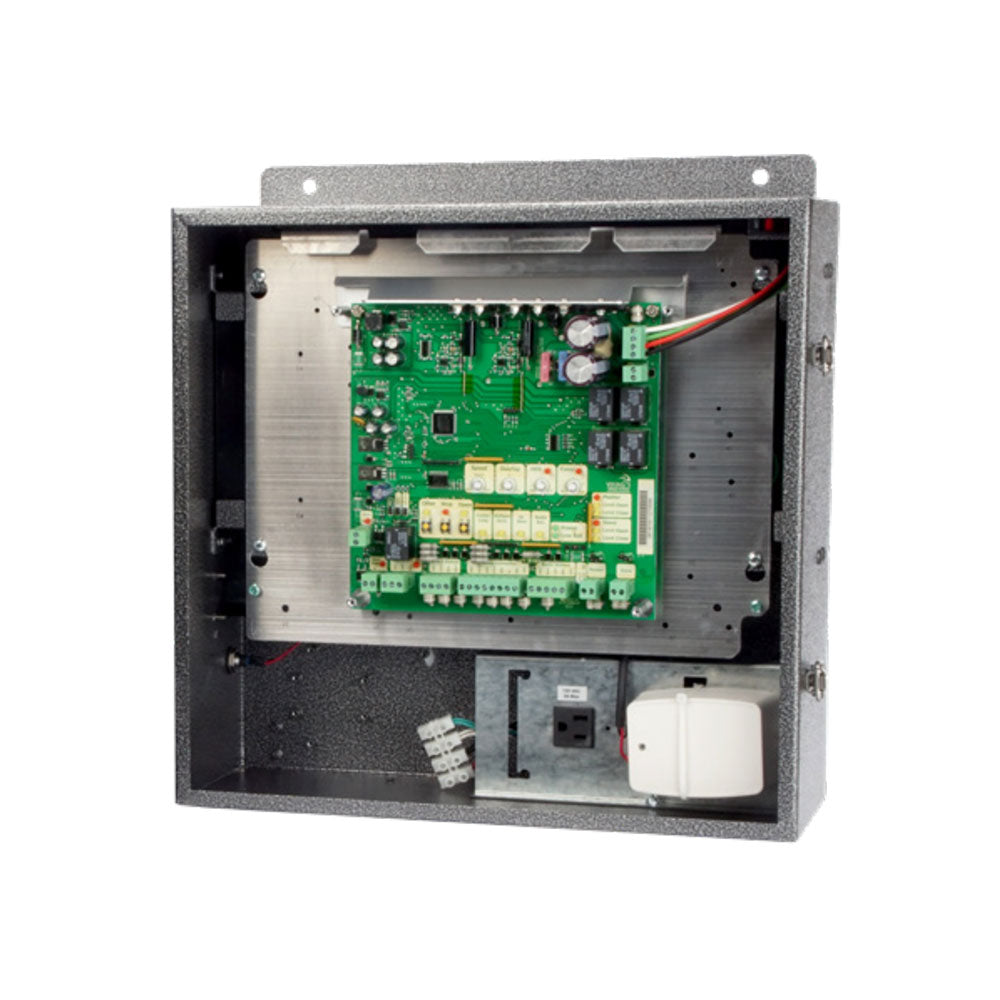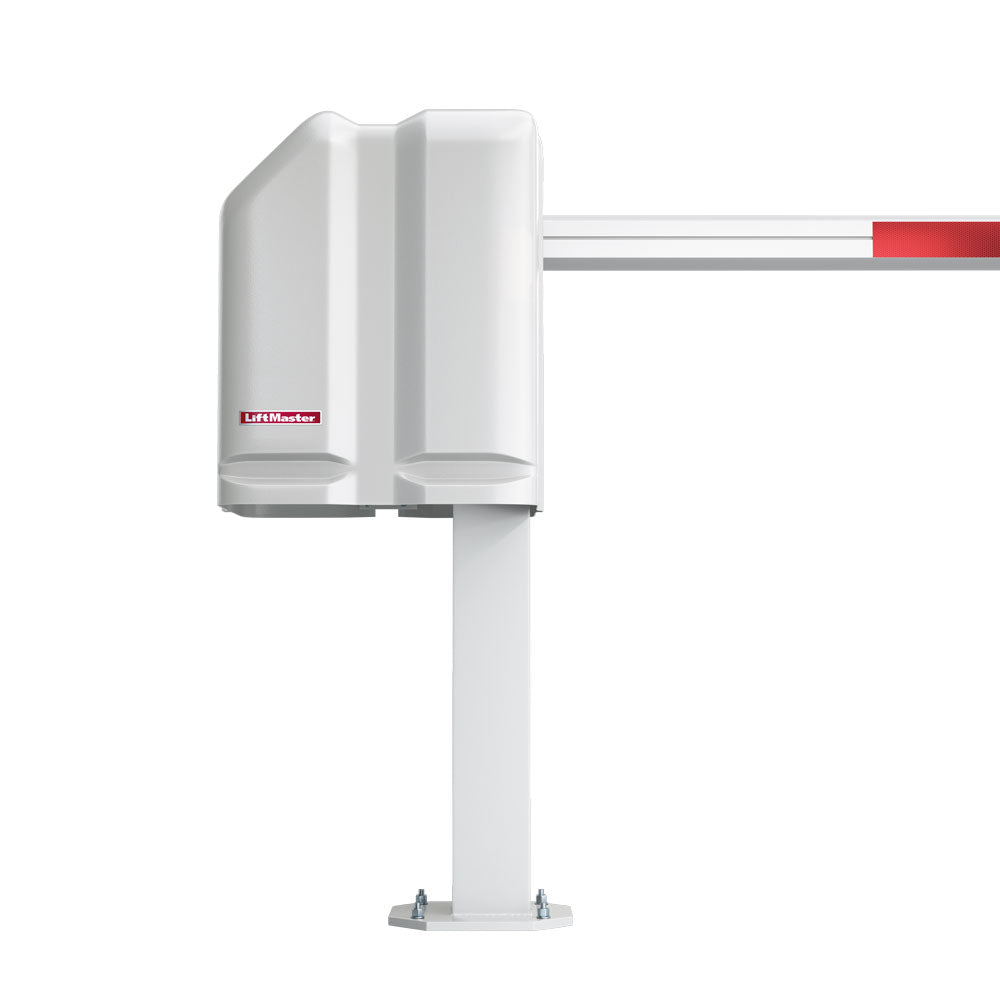Critical Security Flaws of a Poorly Installed Camera System
A security camera system is only as effective as its installation. When components are improperly placed, the result is critical security failure: crucial blind spots that intruders exploit, poor video quality that renders evidence useless, and unreliable network connectivity that causes recording failure. For security supervisors in gated communities and property managers, these failures create a massive liability, meaning that in the event of an incident, there is no actionable footage or reliable alert system.

Today’s All Security Equipment blog post, the final part of our three-part series on installation methods, addresses this essential decision. We will provide an expert analysis of the DIY versus professional approach for security cameras, emphasizing the trade-offs in coverage, data integrity, and cost. Choosing the correct installation method is paramount to ensuring your investment provides genuine, 24/7 protection, not just the illusion of it.
Do-It-Yourself Camera Installation: Risk vs. Costs

The DIY route is initially appealing for budget-conscious users but inherently exposes the surveillance system to technical vulnerabilities that compromise evidence integrity and coverage.
DIY Camera Installation Pros:
-
Budget Control and Lower Initial Cost: This is the clearest benefit, as all labor fees are avoided. The funds saved can immediately be redirected toward purchasing superior hardware, such as an Ultra-High-Definition security cameras or better NVR storage solutions.
-
Full Flexibility for Camera Placement and Scheduling: The DIY approach grants the user total freedom to install devices whenever convenient and reposition them instantly. You retain complete control over mounting heights and angles, ensuring coverage is tailored precisely to personal preferences without needing a contractor's input.
-
First-Line Troubleshooting: By handling the full setup, the user gains a close understanding of the network and software configuration, in turn, this internal knowledge allows for rapid first-line troubleshooting of minor network glitches or connectivity failures, reducing reliance on external technical support.

DIY Camera Installation Cons:
-
High Risk of Coverage Gaps and Evidence Loss: Without careful planning, DIY setups almost always create critical blind spots or feature poor camera placement (e.g., facing direct sun glare), rendering video evidence useless. Poor positioning can fail to capture necessary details like license plates or facial features, nullifying the system's purpose. It also increases the risk of the system being damaged outdoors.
-
Complex Network Configuration and Data Security: Installing multiple cameras, especially high-bandwidth 4K units, requires expert network tuning to prevent lag and ensure reliable recording to the NVR. Incorrect configuration can lead to network intrusion, data security issues, or recording failure, turning the system into a security liability.
-
Limitation on Advanced Technology Integration: DIY projects are typically limited to simple "plug-and-play" devices. They often cannot properly integrate or calibrate advanced features like Facial Recognition Systems, smart analytics, or complex cloud storage solutions required for true commercial-grade security.
Professional Installation: Safety vs. Expense
Professional installation guarantees the technical rigor, optimal system design, and specialized expertise needed for a robust, reliable, and legally sound surveillance system. The higher initial expense is an investment in comprehensive risk mitigation.
Professional Camera Installation Pros:
-
Guaranteed Optimal Coverage: Professionals perform a meticulous site assessment to guarantee maximum coverage and eliminate all blind spots. They expertly select the right lens type (e.g., varifocal) and position the cameras to capture critical angles and provide the best possible image quality for evidence.
-
Expertise in Advanced Features and Network Integration: Installers specialize in calibrating sophisticated analytics. They ensure the network can handle high-resolution streaming, properly configure remote access, and seamlessly integrate cameras with alarms and access control systems.
-
Full Warranty Protection and Reliable Technical Support: Professional installation ensures the equipment warranty remains valid and often includes a service warranty on the labor. Furthermore, access to continuous technical support and quick onsite repairs prevents system downtime, guaranteeing the constant operational reliability that a security system demands.

The UNV IPC2K28SE-ADF40KMC-WL-I0 4K HD ColorHunter Omniview Camera offers wide-area coverage, making it an ideal choice for property perimeters and community entrances. Its double lens splicing technology achieves a 180 horizontal viewing angle, reducing the number of cameras needed and eliminating blind spots across large areas. Furthermore, its smart intrusion prevention, based on target classification, significantly reduces false alarms from environmental factors.
- Resolution: 8MP (5120 x 1440) @ 20fps
- Viewing Angle: 180 10 Horizontal Omniview
- Key Technology: ColorHunter (24-hour full-color images)
- Smart Analytics: Smart intrusion prevention (focuses on human, motor vehicle, non-motor vehicle)

Professional Camera Installation Cons:
-
High Cost Due to Labor and Specialized Equipment: The primary drawback is the significant service and labor cost, which includes fees for specialized tools, high-ladder work, and expert electrical wiring. This high upfront expense can be restrictive for homeowners who are only seeking basic monitoring.
-
Scheduling Inflexibility and System Downtime: Hiring a professional requires conforming to their appointment schedule, which can lead to delays. This lack of control may result in periods when the property has no active surveillance or monitoring coverage during the transition or installation phase.
-
Reliance on Third-Party Service for Maintenance: The property manager becomes reliant on the installing company for maintenance and repairs, potentially leading to slow response times or proprietary lock-in. Future software upgrades or system expansions often require scheduling the original technician, reducing operational independence.
A Professional Eye for a Professional Solution

Securing a property with cameras requires prioritizing actionable video evidence and constant operational reliability above all else. While DIY offers cost savings, the risks of blind spots, network failure, and voided warranties make it unsuitable for perimeter security where evidence integrity is critical. For property managers and security supervisors, professional installation is the superior strategic choice, guaranteeing optimal coverage, seamless integration of advanced technology, and validated warranty protection for maximum security performance.
Ready to ensure your community or home is protected by a perfectly installed, high-performance security camera system? Contact the All Security Equipment specialists today for a professional consultation and expert installation service tailored to your property's security standards.

